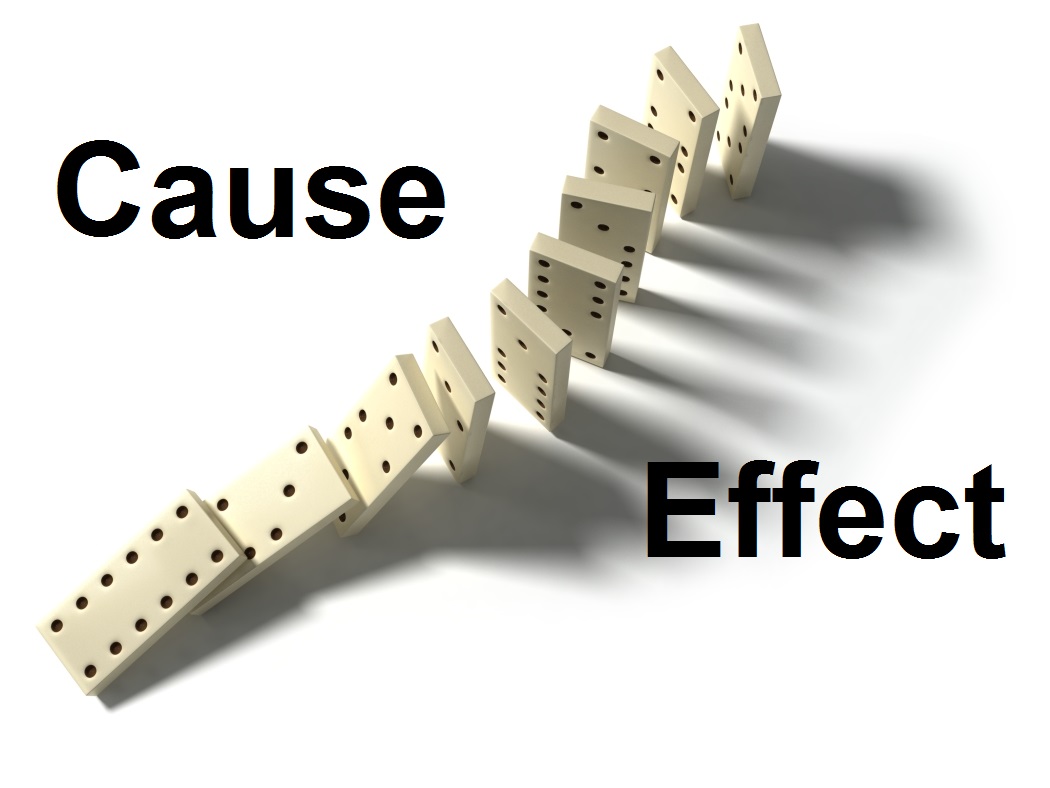
Possible Causes of PND
Despite extensive and ongoing research into this form of depression, the exact cause is not entirely clear or straightforward. There is, however, considerable debate amongst professionals about this condition and a number of contributory factors are likely.
The following possible causes have been suggested:
Birth Experience
Some women may feel that their birth experience failed to match up to their expectations. The feeling of being 'let down' can cause depression. A traumatic / difficult birth experience or a premature or unwell baby is sometimes reported by those who develop postnatal depression.Biological factors
A small number of women who develop postnatal depression have a temporary thyroid gland defect associated with their mood difficulties. It has been suggested that some women are particularly vulnerable to the drop in sex hormones following birth.There is yet, however, no firm scientific evidence in this regard and research into biological factors is still underway.

Changes in Lifestyle
Another possible reason for postnatal depression relates to the fact that the birth of a baby brings irrevocable changes to a new mother's life.New babies are hard work, with the constant demands of crying, feeding, bathing and putting to sleep. This usually means a significant loss of uninterrupted sleep. The new mother is suddenly responsible 24 hours a day.The birth of the baby can have a profound impact on relationships which can be put under enormous strain. A new mother looses the freedom she enjoyed before the baby arrived. This sense of loss can cause depression unless the mother can find ways of adjusting to her profound changes in lifestyle.
Social Circumstances
A new mother is more likely to be emotionally stressed if she has experienced recent stressful events in her life, for example, a bereavement or a serious illness. In addition, women who are isolated from their families or without a supportive partner can be more likely to suffer depression after birth.Personal History
A previous history of depression can be a significant factor to the development of postnatal depression.Images of motherhood
We expect too much of mothers. Popular images of motherhood suggest that mothers should be radiant, energetic, and living in perfect homes with supportive partners. Mothering is perceived as instinctive, not something to be learned. Therefore women who find the weeks and months after childbirth difficult often imagine that they are the only ones not coping. This lack of skill and knowledge can lead to overwhelming feelings of inadequacy, a sense of failure and isolation, which can contribute to deep emotional stress.Upcoming Events
Contact Details
-
PND Ireland, Administration Building, Cork University Hospital, Wilton,
Cork - support@pnd.ie
- 021 4922083


